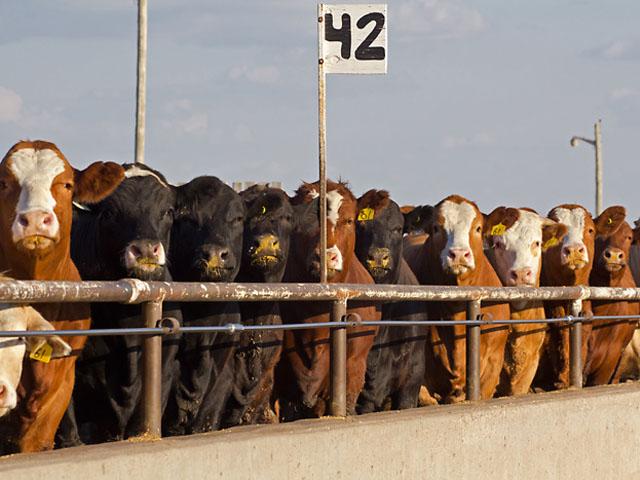USRSB Puts Plan in Place
US Roundtable for Sustainable Beef Chain Sets Six High-Priority Sustainability Goals
The entire beef supply chain now has a set of sustainability goals, including metrics and targets. The news was announced by the U.S. Roundtable for Sustainable Beef (USRSB).
The new goals/targets will identify and supplement sustainability practices already in place, with a goal of supporting continuous improvement from farm to fork, according to the USRSB.
Colorado cow-calf producer Steve Wooten, the current USSB chair and goals committee co-chair, said that as an industry, it's time to not only recognize the hard work producers, auction markets, feedyards, packers and processors, and retail and foodservice organizations have already done to make U.S. beef a more sustainable product, but also to "establish new ways stakeholders across the supply chain can work together to contribute to the overall sustainability of U.S. beef."
The goals are all built around the USRSB's six high-priority indicators in these areas: water, land, air, efficiency/yield, animal health/wellbeing, and employee safety/wellbeing. Each sector has goals within it that address these high-priority areas. Sectors include cow/calf producers, feedyards, packers and processors, and retail and foodservice.
Chief sustainability officer for Elanco, Sara Place, is also USRSB goals committee co-chair. When the news was released, she said the USRSB will continue to add to its science-based tools and resources to enable all segments of the beef industry to continue to advance their sustainability efforts. The USRSB offers free tools and resources, as well as self-assessment tools on its website at www.usrsb.org/resources.
In its report, the USRSB notes specific goals. It states, for example, the U.S. beef supply chain will achieve climate neutrality by 2040, regarding air and greenhouse gas emissions. It has a goal of having 385 million acres covered by a grazing management plan by 2050. Water resource benchmarking and quality will be set by 2025. And a goal is set to reduce total recordable incident rates on employee safety by 50% by 2030 in relevant operations; with a 10% improvement year-over-year for individuals trained in stockmanship and safety.
For more information, or to download the report in its entirety, go to https://www.usrsb.org/….
(c) Copyright 2022 DTN, LLC. All rights reserved.
P[L1] D[0x0] M[300x250] OOP[F] ADUNIT[] T[]





